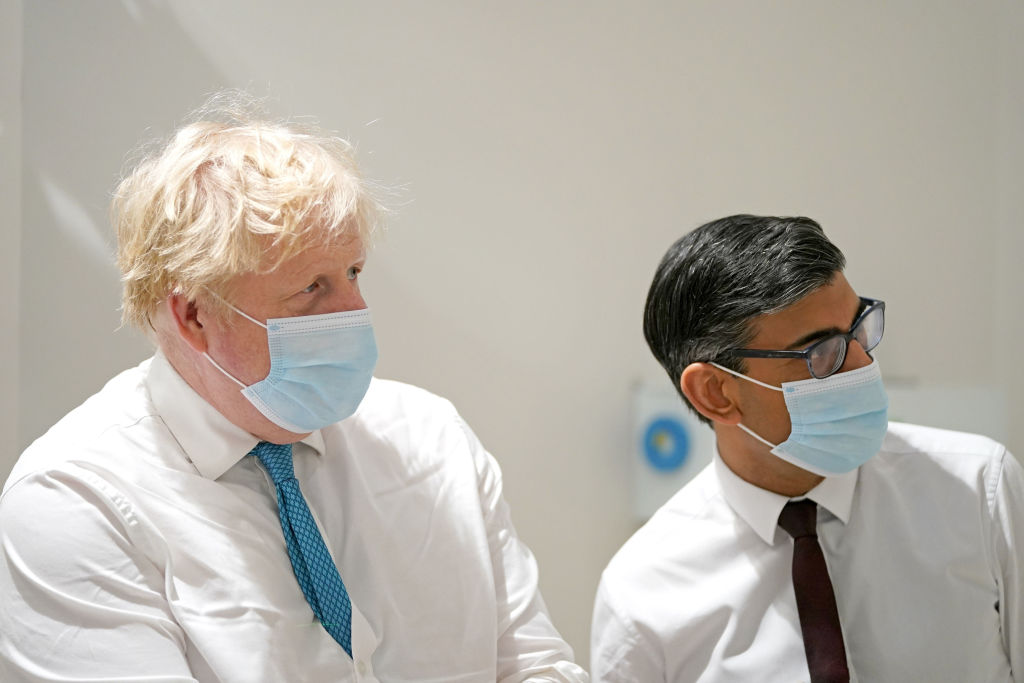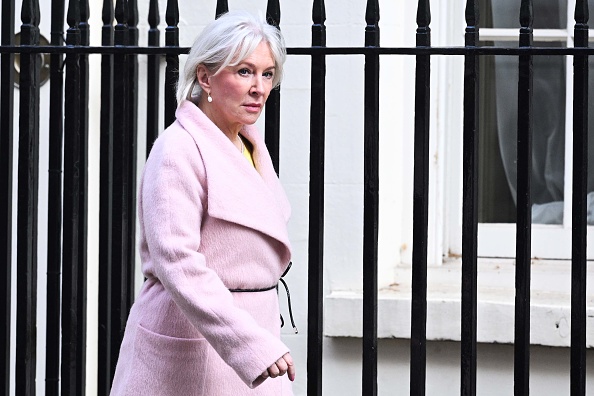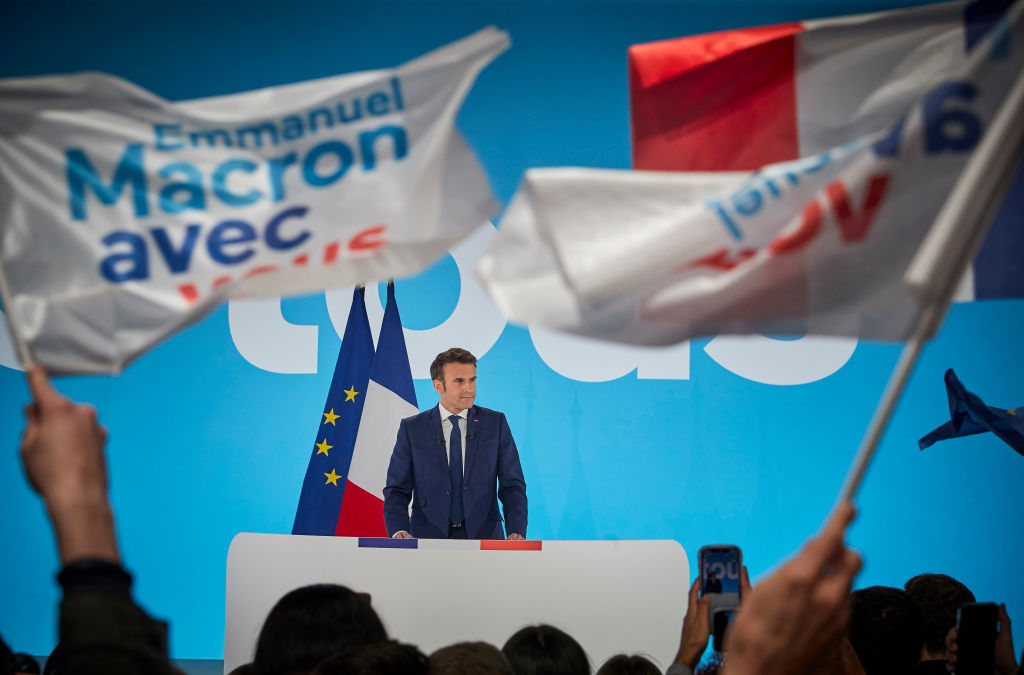Easter Reads part two: the best in our opinion pages on politics, the economy and Ukraine

The much debated Online Safety Bill was introduced on March 17. It means US tech giants finally have a set of standards to adhere to, to safeguard online communities. The piece of legislation, however, is a behemoth bill of confusion, writes Leah Montebello. It’s not clear yet what content counts as “harmful”, and who should be deciding it. The bill will also be more painful to implement for small start ups than for the big players in Silicon Valley, hampering competition.
Now, after decades of attempts to crack down on Big Tech, Dorries’ attempt to pull back their power has thrown everything into the mix – and pleased no one.
Leah Montebello

Just when we might have been thinking that partygate was over, the final blow was struck: Boris Johnson and Rishi Sunak were fined for having broken restrictions during lockdown, in what has become known as the “ambushed by the cake” birthday party for the PM. Sascha O’ Sullivan wrote that unlike Johnson, Sunak is terrible with criticism and might not make it through. Sunak has been facing weeks of scandals regarding is questionable but legal tax affairs. Johnson, instead, can point to his management of Ukraine as a reason to stay put.
There will be those within the Conservatives who have faith in Johnson’s ability to roll through yet another crisis with a half-hearted apology and an “earnest wish” to get back to focussing on the “people’s priorities”.
Sascha O’Sullivan
On the other side of the Channel, the first round of the French presidential election has taken place. Ian Bond looked at the fight between reformist Macron and nationalist Le Pen, arguing that if the latter becomes leader France and the EU will lose much of their influence. Le Pen doesn’t like the Union, and has previously expressed very close proximity to Putin – but she’s been able to capitalise on cost of living concerns in a way that Macron hasn’t been able to do yet. Luckily, he has still a bit of time to ensure he can get closer to new voters.
Even for a nation faced with a stable security environment and no immediate threats, isolationism is a problematic policy.
Ian Bond

The word of the month has been, for months now, energy. Elena Siniscalco looked at a big conundrum for the industry and government: as we phase out from Russian oil and gas, how do we ensure we don’t become dependent on another murky regime for our energy? With renewables, China leads in most markets – solar, wind and minerals alike. The matter is how long it will take for Western countries to insert themselves into these markets, before dependency becomes unavoidable.
Christian Lindner, Germany’s finance minister, recently described clean energy as the “energy of freedom”. We might ask freedom from whom.
Elena Siniscalco

In the wake of all the confusion and delays about the Homes for Ukraine schemes, Ajaz Ahmed made a powerful point in his piece: Britain relies on people coming from all over the world to constantly innovate and build top-notch businesses. Some of its most iconic brands were built by refugees. It also means businesses have an important role to play in assisting Ukrainian refugees in this time of crisis, offering unique support.
As Jonathan Sacks said “A nation that gives is given back more than it gives. Those who lift others are themselves lifted.”
Ajaz Ahmed
